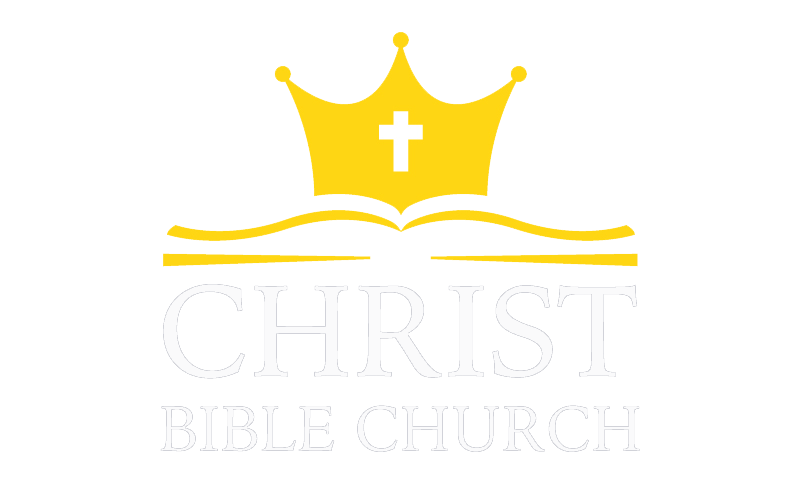A Soulless Middle-Earth: Amazon's Un-Tolkien Take on the Lord of the Rings
All stories teach. Stories argue for a view of what is true, good, and beautiful. The best stories call us beyond ourselves to something greater. JRR Tolkien’s Middle-earth is one such story. Tolkien’s enduring success is not found in his use of elves, dwarves, men, orcs, and hobbits, but in how his world points to deeper truths about our world. In a secular age suffering under the malaise of disenchantment, Tolkien offers an enchanted view of life rooted in his Christian faith.
Despite the popularity of Tolkien’s work, Amazon’s adaption in The Rings of Power (RoP) has been met with mixed reactions. While it may seem acceptable for Hollywood elites to dismiss all criticisms as either racist or fascist, the show’s problems are evident.
What exactly is lacking? The main problem stems from a misunderstanding of what Tolkien’s work teaches, and how that points us to transcendent truth. The writers exchanged the beauty of Tolkien’s Christian worldview for the ugliness of woke ideology.
Tolkien’s Christianized Middle-earth
Tolkien’s world, though not allegorical like Narnia, is fundamentally Christian. Tolkien explains that you tell he is a Christian from his work (The Letters of J.R.R. Tolkien, 288) and his work is fundamentally “religious and Catholic” (172). Throughout the stories of Middle-earth, readers encounter a Christianized fantasy world. Christianity is the soul that enlivens Tolkien’s work. It is the source of its transcending beauty.
Tolkien knew all stories must provide “elements of moral and religious truth (or error)” (Letters, 144). As stories teach, they offer supposed solutions and errors about right and wrong. For Tolkien, fairy tales and fantasy stories point to the Christian “evangelium” found in the person and work of Jesus Christ. According to Tolkien, this deeper meaning is the “highest function” of fantasy stories.
This deeper meaning is exactly what is missing in Amazon’s show. The show offers an entirely different worldview than what is found in Tolkien’s work. Instead of calling us beyond ourselves to something transcendent, RoP points us inward. In this way, Amazon guts Middle-earth of its soul.
A Soulless Middle-earth
A lot has changed since Peter Jackson’s movies hit theaters in the early 2000s. Since then, cultural centers like Hollywood have become ardently anti-Christian. With the rise of postmodern deconstructionism and critical theory, the old virtues heralded by Christianity are often demonized as oppressive. In such an environment, Tolkien’s world must change, according to the show-runners.
RoP offers a different vision of Middle-earth because it is written by those who do not understand Tolkien’s view of reality. This reality became clear with early promotions of the show by cast and crew as they spoke of how “empowering” this vision of Middle-earth would be. Empowerment is the gospel offered by critical theory, but in Middle-earth empowerment is offered by the enemy as a path to eventual enslavement. In other words, seeking empowerment smells more like Mordor than the Shire.
This rewriting of Middle-earth guts it of its soul as it proposes different solutions to humanity’s problems. For Tolkien, evil is not overthrown by power, but through self-denial and sacrifice. Evil ever offers us power, but victory comes through laying down your life for others as Christ did. In Middle-earth, empowerment is a temptation that leads to death, not salvation.
Amazon's reinterpretation of Tolkien’s world is seen throughout the show. Instead of a clear distinction between good and evil, everything is muddied with moral confusion. Rather than a light that offers hope in the darkest of places, Galadriel encourages us to touch the darkness. In Tolkien’s worldview, we are instructed to not touch the darkness but to cast it out with light. Tolkien offers moral clarity, RoP is mired in the moral confusion of our day.
The differences do not end there. Tolkien’s story warns us of corruption from within and thus we must distrust our motives. Even the purest heroes like Gandalf and Galadriel are tempted by the power and corruption of the Ring, and they pass the test through self-denial. For Tolkien, the main problem is internal. Amazon’s show is full of what Carl Trueman calls expressive individualism, where the greatest good is finding your true self and then expressing it. But Tolkien’s world calls us to die to the self in submission to an external, eternal standard.
But in the first season of RoP, most of the problems are located externally. It is society and its expectations that hold back Galadriel. It is cultural expectations that stand in the way of a forbidden romance. Instead of warning of our corruption, the characters are even reassured they are the “good people.” They just need to declare themselves good! In Tolkien’s world, even the good guys must guard against internal corruption—a message we all need to hear. Tolkien’s world calls beyond ourselves, but Amazon’s show points us inward.
Society must change, not the self. RoP sounds more like Rousseau than Tolkien. This explains why Galadriel has been transformed from the lady of light, a transcendent picture of wisdom, beauty, and virtue to a whiny and uncontrollable teenager who can wield a sword. Tolkien’s Galadriel called us beyond ourselves toward the light, but this new Galadriel points us inward to trust ourselves. They transformed here into a dime-a-dozen kick-butt character, but a rather unlikeable one. Tolkien’s Galadriel is transcending and unique, but Amazon’s Galadriel is a tired and selfish trope.
As society becomes increasingly hostile to Christianity, it is no surprise that they cannot understand Tolkien and his world. There is still time for RoP to recover, but to do so the writers must recapture the soul of Middle-earth—its Christian worldview. As it turns out, a billion-dollar budget cannot buy the show a soul, especially when you trade in the virtues of Christianity for the vices of modern wokeism.
Pastor Levi Secord
Christ Bible Church

